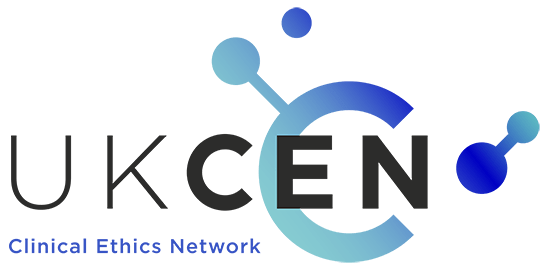“Wherever healthcare is provided … there will be a need for formal ethics support which is both timely and informed. This can no longer be left to chance or allowed to depend on the enthusiasm of individuals.”
Royal College of Physicians, Ethics in practice: Background and recommendations for enhanced support (2005)
There are various sources of ethics support available for patients and health professionals in the UK, including:

- Professional organisations. Ethical advice, guidance and support is available from regulators like the General Medical Council and the Nursing and Midwifery Council, trade unions like the British Medical Association, and several of the Royal Colleges also have an ethics committee or forum.
- The Nuffield Council on Bioethics is an independent body, which informs policy and public debate about the ethical questions raised by biological and medical research. The UK’s equivalent of a national bioethics commission, the Council issues in-depth reports and policy briefings.
- Faith-based groups and hospital chaplains of all denominations and religions.
In addition to such sources of support, there are distinct clinical ethics services available in many (although not all) healthcare settings. These services include Clinical Ethicists, who are individuals that are appointed to advise on the ethical issues arising within a particular organisation or setting, Ethics Forums, Discussion Groups, and Clinical Ethics Committees or Advisory Groups (CECs). The CEC is the dominant model in the UK

